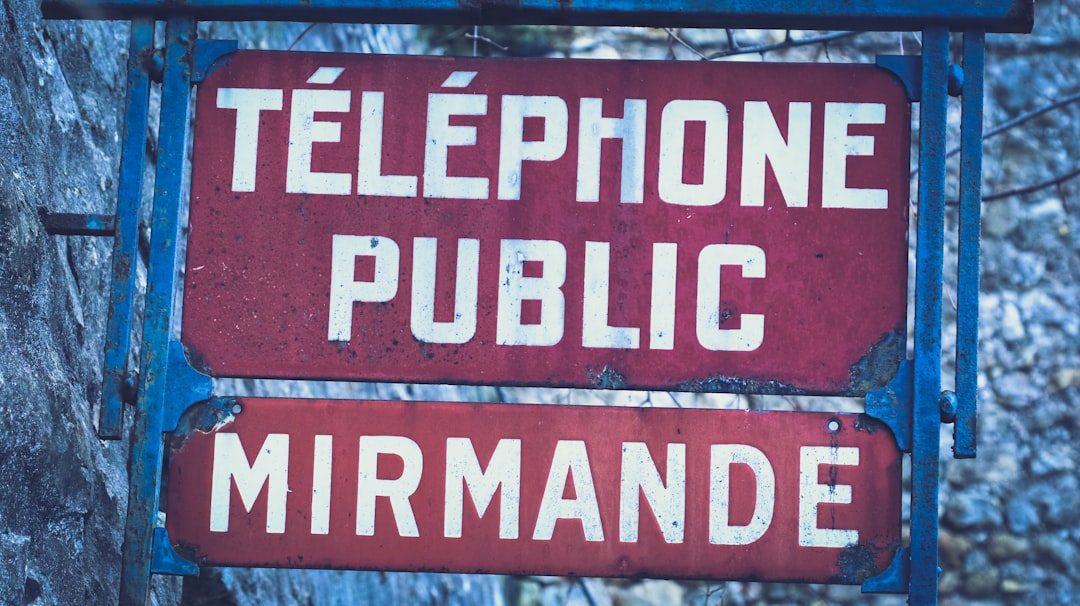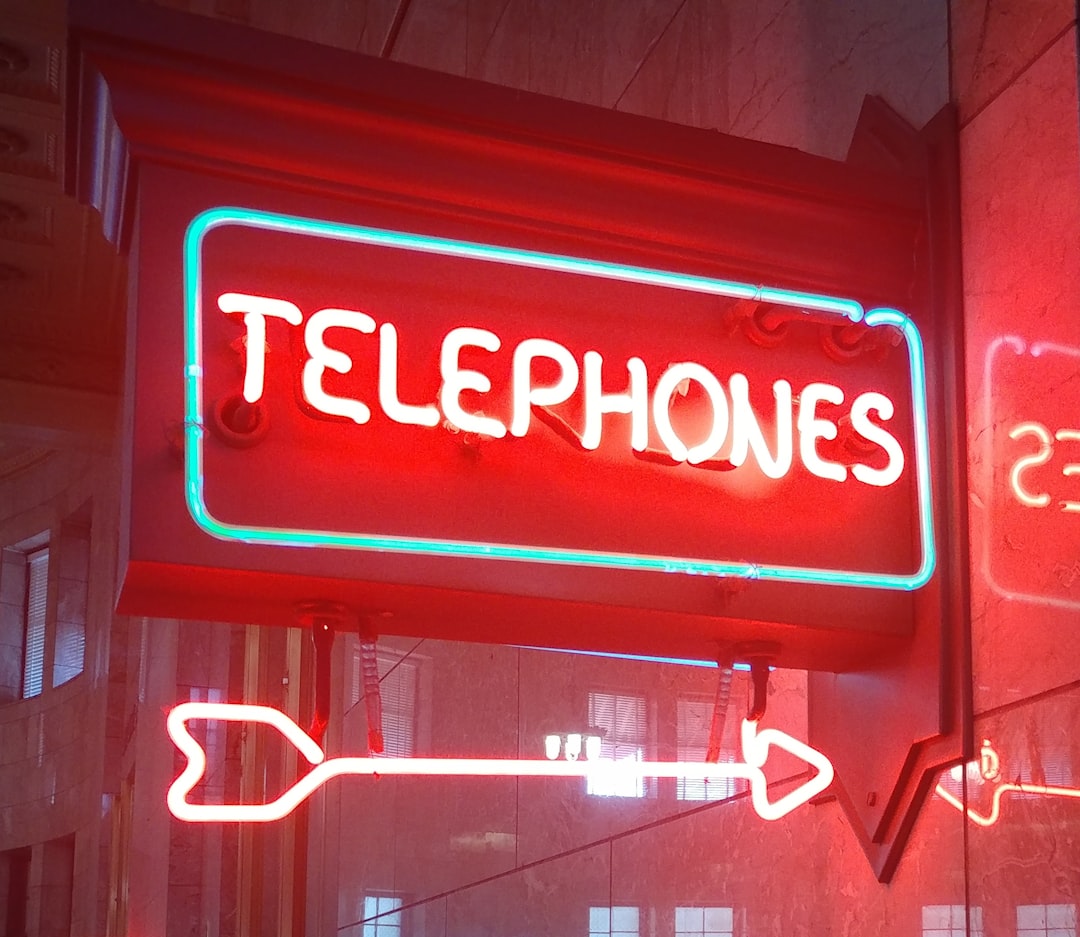Wisconsin residents can protect themselves from unwanted phone calls and texts through the state's Do Not Call Registry. Registering is a first step to curb spam, but legal action may be needed against law firms violating Spam Call laws. Robocall lawyers in Wisconsin specialize in these regulations, offering guidance, registration help, and legal protection against persistent harassment.
Tired of relentless robocalls and spam texts in Wisconsin? Understanding and utilizing the state’s do-not-call registry can significantly reduce these intrusive calls. This comprehensive guide outlines the steps to register your number effectively, along with your legal rights against robocallers and spammers under Wisconsin law. We also provide insights on choosing the right lawyer for unwanted calls and texts, ensuring you have strong legal representation. Discover effective strategies to reclaim your peace of mind in today’s digital age.
Understanding Wisconsin's Do Not Call Laws

In Wisconsin, just like in many other states, there are strict laws in place to protect residents from unwanted telephone solicitations and robocalls. The Do Not Call Registry is a state-mandated program that allows consumers to opt-out of receiving telemarketing calls. By registering your phone number on the list, you signal to businesses that you do not consent to receive marketing or sales calls. This law extends to various forms of communication, including not just landlines but also cell phones and text messages.
Wisconsin’s Do Not Call Laws are designed to give residents control over their communication preferences. If you’ve received spam calls or texts from robocall lawyers or firms promoting legal services, this may be a violation of the state’s Spam Call law. A robocall attorney or lawyer for unwanted texts in Wisconsin can help you understand your rights and navigate any issues that arise from such intrusive communications. Remember, registering with the Do Not Call Registry is an effective first step to curb these unwanted calls, but legal action might be necessary if your privacy has been compromised.
Registering Your Number: Step-by-Step Guide

Registering your phone number on Wisconsin’s Do Not Call Registry is a straightforward process that can help reduce the number of spam calls and robocalls you receive. Here’s a step-by-step guide to ensure you’re protected:
1. Visit the Wisconsin Do Not Call Registry Website: Start by navigating to the official website where you can register your landline, mobile, or business phone number. The site provides clear instructions and forms for easy navigation.
2. Choose the Type of Number You Want to Register: Select the type of telephone number you want to include in the registry, whether it’s a personal or business line. Ensure you have the correct number handy as you’ll need to enter it accurately during the registration process. Complete the online form with your contact information and the specific number you wish to register. After submission, verify that your application is received by checking your confirmation email or account dashboard.
Robocalls & Spam: Your Legal Rights in WI

In Wisconsin, just like in many other states, there are laws in place to protect residents from intrusive robocalls and spam calls. The Do Not Call Registry is a powerful tool that allows individuals to take control and reduce the number of unwanted phone calls they receive. If you’re facing an overwhelming amount of robocalls or spam texts, understanding your legal rights is crucial.
Under Wisconsin law, businesses are prohibited from making automated telephone calls (also known as robocalls) to residents who have registered their numbers on the state’s Do Not Call list. This includes marketing and telemarketing calls. If you’ve become a victim of persistent spam calls or feel your privacy rights have been violated, consulting with a robocall lawyer in Wisconsin can be beneficial. Legal professionals specializing in this area can guide you through the process of registering your number, understanding your rights, and taking action against repeat offenders. They can also assist in obtaining compensation for any emotional distress caused by these unwanted intrusions.
Choosing the Right Lawyer for Unwanted Calls

When facing a barrage of unwanted calls, text messages, or even emails from telemarketers and spammers, it’s crucial to turn to a legal professional who specializes in robocall laws in Wisconsin. The state has its own set of regulations regarding these practices, so choosing a lawyer familiar with the local Do Not Call registry and spam call laws is essential. Look for a robocall attorney or spam call law firm in Wisconsin that has experience navigating these complex legal issues.
A qualified robocall lawyer Wisconsin will not only help you understand your rights under the state’s do not call law firms regulations but also guide you through any necessary steps to stop the unwanted communication. They can represent you if a dispute arises and ensure that telemarketers adhere to the rules, providing peace of mind and legal protection against further harassment.
Effective Strategies to Stop Annoying Texts

If you’re tired of receiving annoying and unwanted text messages from robocalls, there are several effective strategies to stop them in their tracks. One powerful tool at your disposal is the Do Not Call Registry, available in Wisconsin and across the nation. By registering your phone number on this registry, you can significantly reduce the volume of automated calls you receive. It’s a straightforward process; just visit the official website or contact your state’s consumer protection agency to sign up.
Moreover, considering legal action with a robocall lawyer in Wisconsin can be beneficial. These attorneys specialize in navigating the complex landscape of spam call laws in the state, which include specific regulations against unsolicited text messages. They can assist you in understanding your rights and taking appropriate measures against the perpetrators. With their expertise, you may even be eligible for financial compensation if your privacy has been compromised due to these unwanted texts.






